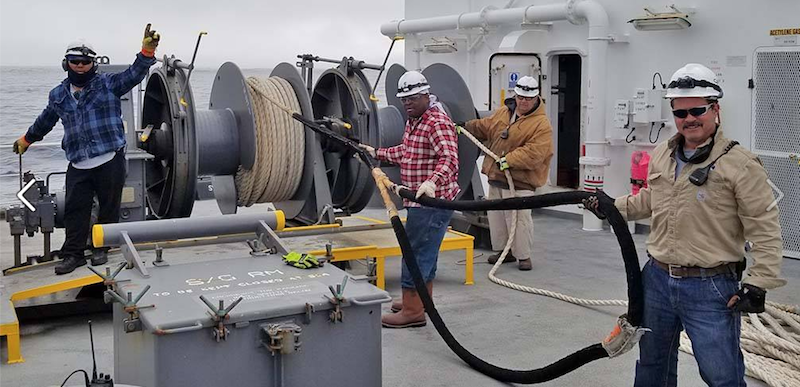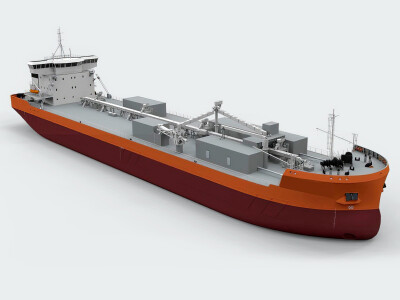A fundamental right of seamen is maintenance and cure benefits.
A shipowner owes the seaman these benefits without regard to fault if he is injured or becomes ill while in the service of the vessel. It provides the seaman with a daily living allowance and reasonable and necessary medical treatment for the duration of his recovery.
Maintenance and cure ends when a seaman reaches maximum medical improvement (MMI). This is when the seaman recovers from an injury or his condition permanently stabilizes or cannot be further improved with additional medical treatment. MMI is a medical, not legal, determination.
When the nature or extent of an injury or illness is in question, the vessel owner or employer can have a seaman evaluated by a doctor of its choice to assess their condition and address what if any treatment might be needed. Often, the treating physician and the vessel owner’s doctor disagree on the appropriate course of care for an injury or illness. However, the vessel owner/employer should proceed with caution before relying solely on the opinion of one doctor over another in deciding to terminate maintenance and cure.
Courts are very protective of a seaman’s right to maintenance and cure. The law recognizes that any ambiguities or doubts regarding the entitlement to these benefits must be resolved in favor of the seaman. If benefits are terminated without “unequivocal justification,” the vessel owner can face a host of additional liabilities. The general maritime law recognizes that a shipowner can be held liable for compensatory damages for any harm the seaman suffers as a result of an unreasonable denial or termination of maintenance and cure.
If the vessel owner is found to be “arbitrary and capricious” or “willful or callous” in its denial of benefits, it can be liable for punitive damages and attorney’s fees, in addition to having to pay maintenance and cure and any additional compensatory damages.





